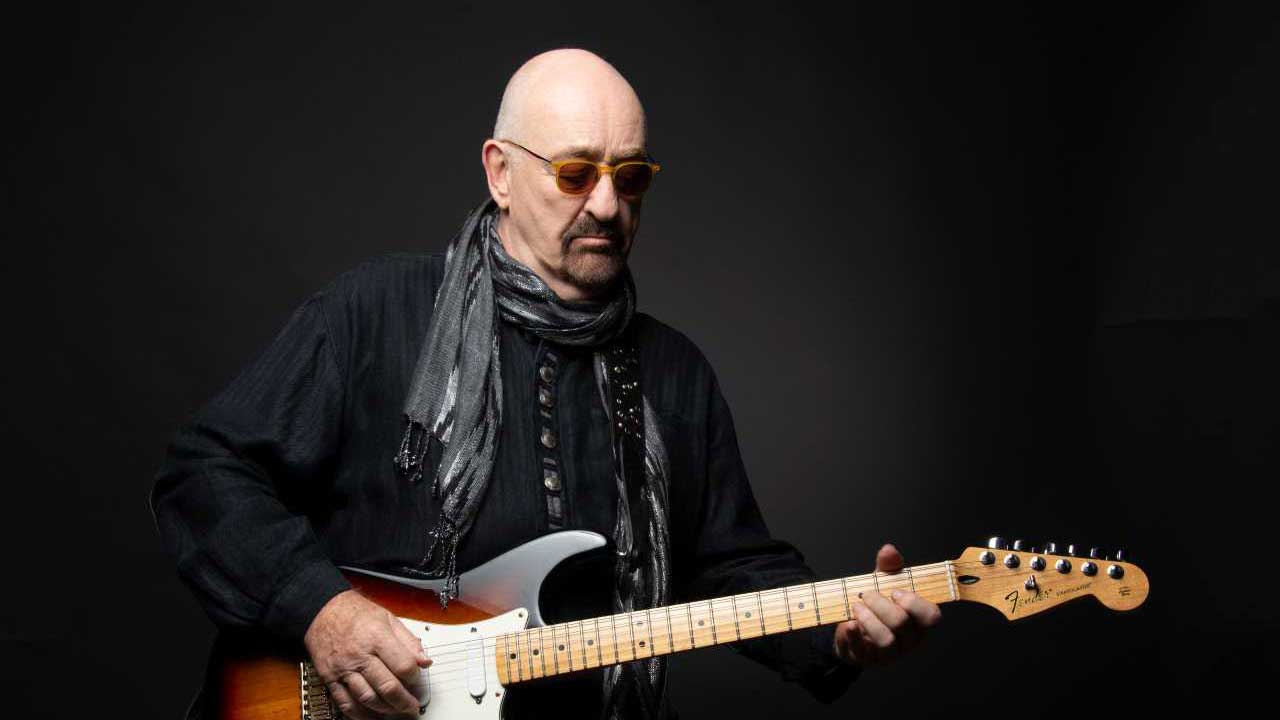Add articles to your saved list and come back to them any time. “I have escaped Pig City. Officially.
” Former St Lucia resident Andrew Stafford is speaking at his new home in Maleny in the Sunshine Coast hinterland. It’s a sunny Friday morning, 20 years since he penned the definitive book about Brisbane’s music scene from the ’70s to the ’90s. Pig City has been continuously in print since it first appeared, and UQP has just published a 20th-anniversary edition.

Andrew Stafford’s music-based chronicle of Brisbane from the ’70s to the ’90s, Pig City, has remained in print since 2004. “What gets overlooked is that it is fundamentally a book about Brisbane,” Stafford says. “It’s certainly not an encyclopedia of music to have emerged from Brisbane.
It is a story about the city and its evolution over a particular period of time. “There were many reasons why I wrote the book, but one of them was that I did want younger people to have a sense of what it was like to grow up in Brisbane in the ’70s and ’80s. And I wanted there to be a lesson about how quickly a liberal democracy can crumble, even in a place like Australia.
” Of course, in 2024, both democracy and music face clear and present dangers. Byron Bay Bluesfest has just announced that its 2025 event will be its last, and July saw the closure of The Zoo, the music venue where many of the bands chronicled in Pig City, such as Custard, Regurgitator and Powderfinger, played regularly. “It’s very sad.
There are a lot of memories wrapped up in that venue for me ...
it’s a tougher business than ever.” “I wanted there to be a lesson about how quickly a liberal democracy can crumble, even in a place like Australia.” With the US elections dominating the news amid a possible return to populism, truth denialism and demagoguery, the story of Queensland under Joh Bjelke-Petersen – premier from 1968 to 1987 – arguably has renewed urgency.
“When I’m asked to describe Bjelke-Petersen for those people who may have only heard of him from their parents, I routinely say, ‘If you can imagine Donald Trump roaming the swamps and jungles of Queensland, you’re getting pretty close.’ He just didn’t have the nuclear codes or a Twitter account.” The second page of Pig City states its thesis in 14 words: “Music in Brisbane was overwhelmingly a reaction to the repression of the Bjelke-Petersen era.
” Donald Trump has transformed conservative politics in the US in a way that echoes Joh Bjelke-Petersen’s 20-year premiership of Queensland. Credit: Aresna Villanueva Key moments in Brisbane’s political history covered in the book include Joh’s brutal crackdown on dissenters during the tour of South Africa’s Springboks in 1971; the banning of street protests in 1977, sparking the two-year Right to March campaign; the overnight illegal demolition of heritage-listed Cloudland Ballroom; the 1985 sacking of 1000 striking electricity workers; and the 1989 prosecution of Rocking Horse Records for stocking “obscene” albums. “The most important point to get across is [Bjelke-Petersen’s] lack of understanding of and care for the separation of powers,” Stafford says.
“Famously, he didn’t know what they were when asked about it at the Fitzgerald Inquiry.” Under the Westminster system, the government wields power, the executive (or police) puts the law into operation, the judiciary interprets the law, and no single entity can exercise complete authority. “In Queensland, the police force was deployed as an enforcement arm of the state government.
“Famously, [Joh] didn’t know what [the separation of powers] were when asked about it at the Fitzgerald Inquiry.” “It’s quite clear that Donald Trump either doesn’t know what the separation of powers is, or he doesn’t care.” Bjelke-Petersen’s cult-like popularity, like Trump’s, came despite his poor communication skills and often garbled syntax.
“There was a poster of Joh and at the top it just said ‘Joh’ and at the bottom ‘Queensland’. So that gives you a sense of how he saw himself.” Born in Melbourne, Stafford arrived in Brisbane aged 15 at the beginning of 1987, just as Phil Dickie wrote the first of his reports for The Courier-Mail about gambling dens and brothels paying protection money to the police in a system of corruption going all the way to the top.
Chris Masters’ famous Four Corners expose The Moonlight State followed. “And then, of course, the Fitzgerald Inquiry [happened], and very shortly after, the toppling of Bjelke-Petersen as premier.” It was a heady time for a music fan with a budding interest in politics.
The Saints’ Ed Kuepper (left) and Chris Bailey perform during the band’s early days. “If it wasn’t for that early experience, I don’t think I’d have written the book in the first place,” Stafford says. In the ’70s and ‘80s in Brisbane, gigs were raided routinely.
Dressing like a punk brought the assumption you were carrying drugs. The mood of disaffection and paranoia was encapsulated by the Saints’ 1976 song (I’m) Stranded, which Stafford says “changed everything”. The band’s self-funded single made it to London, where a rave review in music weekly Sounds had EMI knocking on their door.
The Saints’ brief success was a lightning rod for incendiary acts such as the Leftovers, the Survivors, Razar, the Screaming Tribesmen and the Parameters, as well as more pop-oriented bands the Go-Betweens and the Riptides. Pig City also chronicles the tumultuous times of community radio station 4ZZZ, the fertile alternative band scene of the 1990s, and ultimately, the outlier success of Logan’s Savage Garden. Selective by necessity, the book did not please everyone.
“I’m astonished to be talking to you about it 20 years after the fact. There was a period in my life when I would have preferred not to talk about it at all,” Stafford says. The Go-Betweens circa 1988 (left to right) John Willsteed, Grant McLennan, Lindy Morrison, Robert Forster and Amanda Brown.
“I am very proud that it has continued to reach a new generation of musicians. It seems to have become a bit of a touchstone for them.” Stafford recalls meeting guitarist James Tidswell from Violent Soho at a gallery opening and being told the band formed after they read Pig City .
“That’s better than any review.” Another proud moment was the 2007 Pig City concert organised by Queensland Music Festival. The original Saints line-up re-formed for a one-off headline performance.
( A different line-up , minus late lead singer Chris Bailey, is touring in November.) “It was one of the great days of my life,” Stafford says. “Though everyone always reminds me that the beer ran out by about four o’clock that afternoon.
” In the years since, Stafford struggled with depression and self-doubt, driving a cab for years until recovering his writing mojo (events recounted in his 2019 autobiography Something to Believe In ). He is now a full-time writer and a sometime contributor to this masthead on the topics of AFL and birdwatching – his other passions aside from music and politics. He says that when he wrote Pig City he was complacent about Brisbane and thought the city had “grown up”.
These days, he’s more circumspect and worried about what he sees as “backsliding”. “Australia locks up activists for drawing attention to the climate crisis. Queensland locks up more kids than practically any state put together on the basis of what I would call a confected youth crime crisis – because Queensland Police Service’s own data shows that youth crime rates in the state are at near-record lows.
“So there are very worrying trends that I think Bjelke-Petersen probably would have approved of.” Pig City is published by UQP, RRP $34.99.
.



















